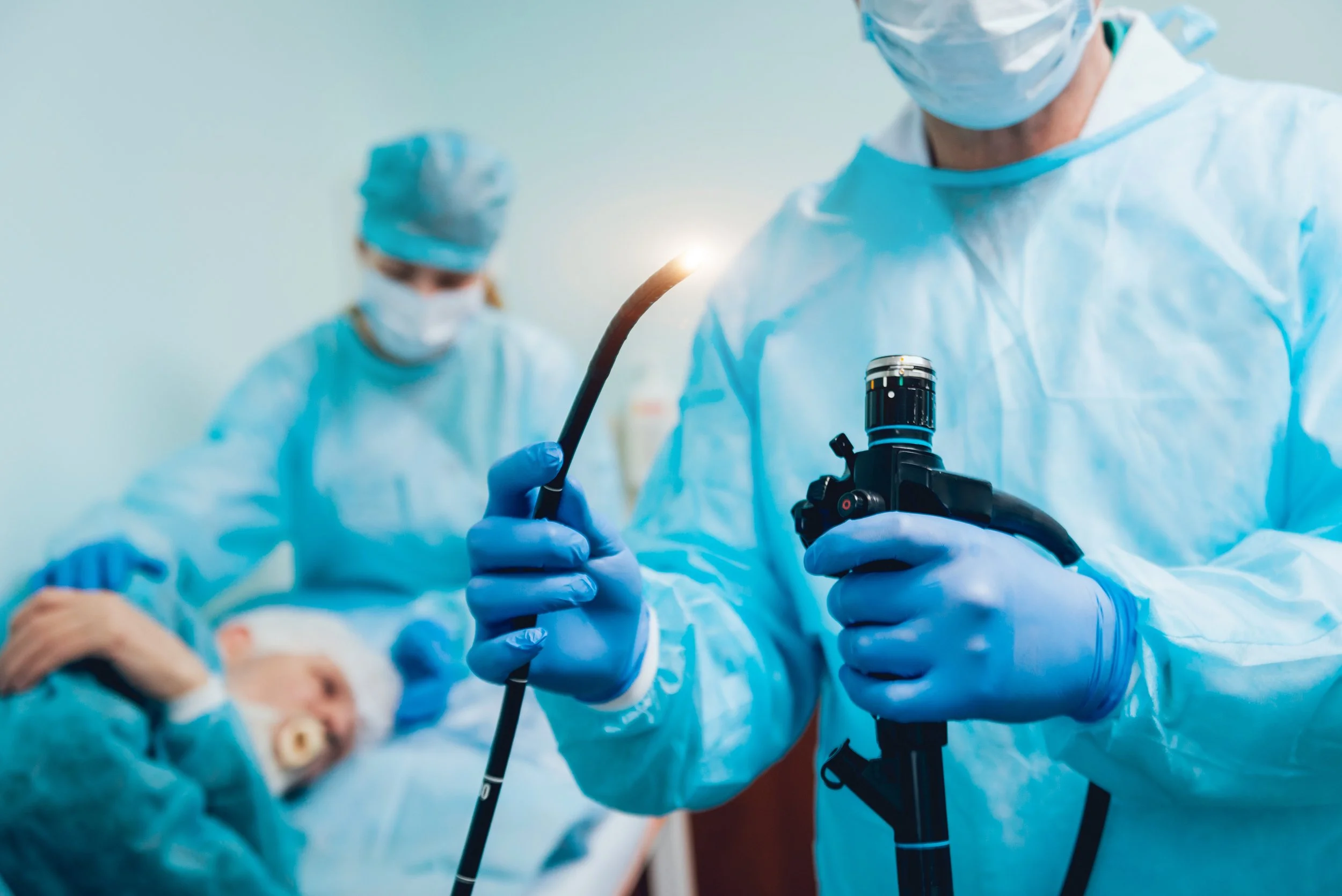When it comes to maintaining good health, we often focus on diet, exercise, and regular check-ups. However, there’s one essential procedure that can significantly impact our health but is often overlooked: the colonoscopy. This vital screening tool plays a crucial role in the early detection and prevention of colorectal cancer, one of the leading causes of cancer-related deaths worldwide. In this blog, we'll explore why colonoscopies are so important, who should get them, and what to expect during the procedure.
Understanding Colonoscopies
A colonoscopy is a medical procedure used to examine the inner lining of the large intestine (colon and rectum). Using a long, flexible tube equipped with a camera, doctors can view the entire colon and identify any abnormalities, such as polyps or tumors. While the idea of a colonoscopy might seem daunting, the procedure is generally safe and can be life-saving.
Why Are Colonoscopies Important?
Early Detection of Colorectal Cancer
Early Intervention: Colorectal cancer often begins as small, benign polyps that can develop into cancer over time. During a colonoscopy, these polyps can be identified and removed before they become malignant.
Improved Survival Rates: Early detection significantly improves the survival rate. According to the American Cancer Society, the 5-year survival rate for localized colorectal cancer is about 90%.
Prevention
Polyp Removal: By removing polyps before they turn into cancer, colonoscopies act as a preventive measure. Studies have shown that regular screenings can reduce the incidence of colorectal cancer by up to 70%.
Risk Reduction: For individuals with a family history of colorectal cancer or other risk factors, regular colonoscopies can help manage and reduce the overall risk.
Comprehensive Examination
Thorough Screening: Unlike other tests, colonoscopies allow doctors to directly view the colon's interior. This comprehensive examination can detect other conditions, such as inflammatory bowel disease, diverticulosis, and more.
Accurate Diagnosis: Because the procedure provides a direct view, it is one of the most accurate methods for diagnosing colorectal issues.
Who Should Get a Colonoscopy?
General Recommendations: The American Cancer Society recommends that individuals at average risk for colorectal cancer start regular screenings at age 45.
High-Risk Individuals: Those with a family history of colorectal cancer, a personal history of inflammatory bowel disease, or other risk factors may need to start screenings earlier and more frequently.
Symptomatic Individuals: Anyone experiencing symptoms such as rectal bleeding, persistent abdominal pain, or changes in bowel habits should consult their doctor about the need for a colonoscopy.
What to Expect During a Colonoscopy
Preparation
Dietary Restrictions: Typically, you'll be asked to follow a clear liquid diet for 1-3 days before the procedure.
Bowel Preparation: You'll need to take a laxative solution to clear your intestines.
During the Procedure
Sedation: Most colonoscopies are performed under sedation to ensure comfort.
Examination: The doctor will insert a colonoscope through the rectum to examine the colon. The procedure usually takes about 30-60 minutes.
Post-Procedure
Recovery: After the procedure, you’ll be monitored until the sedation wears off. You might experience mild bloating or gas.
Results: Your doctor will discuss the findings and any necessary follow-up.
the Colorectal Clinic of Tampa Bay
If you're in the Tampa Bay area and considering a colonoscopy, the Colorectal Clinic of Tampa Bay is an excellent choice. Renowned for their expert care and advanced medical technology, the clinic offers comprehensive colorectal services, including screenings, diagnostics, and treatments. Their team of experienced specialists is dedicated to providing the highest level of care, ensuring both comfort and accuracy throughout the process.
For more information or to schedule an appointment, visit the Colorectal Clinic of Tampa Bay.
Addressing Common Concerns
Discomfort: Sedation minimizes discomfort during the procedure. The preparation can be inconvenient, but the benefits far outweigh the temporary discomfort.
Risks: While there are some risks associated with colonoscopies, such as bleeding or perforation, they are rare. The procedure is generally safe and complications are uncommon.
Conclusion
Colonoscopy is a critical tool in the fight against colorectal cancer. By enabling early detection and prevention, it saves lives and enhances the quality of life for many individuals. If you're approaching the recommended age or have risk factors, talk to your healthcare provider about scheduling a colonoscopy. Remember, taking this step today could make a significant difference in your health tomorrow.
Investing in regular screenings like colonoscopies is investing in your future. Don’t wait—take charge of your health and ensure that you’re doing everything possible to prevent colorectal cancer.

